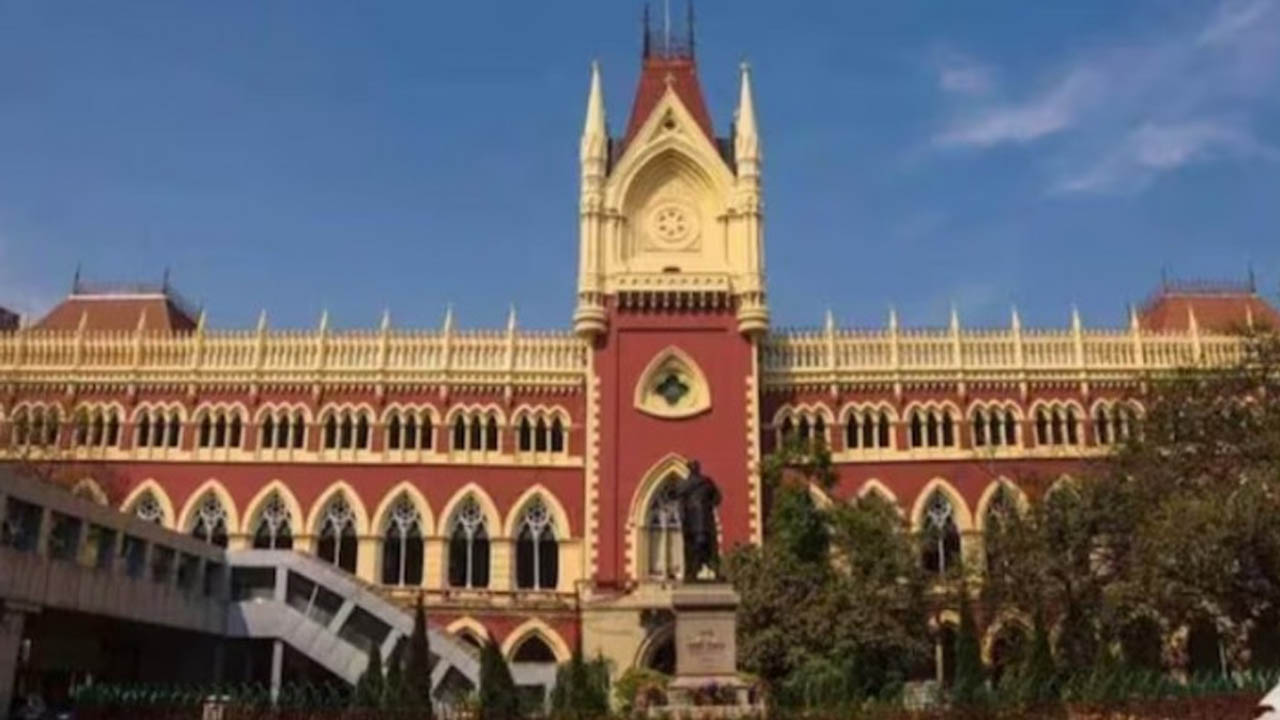A batch of petitions challenged the process of issuing certificates
· High court terms OBC list prepared after 2010 as ‘illegal’
· Mamata Banerjee refuses to accept high court’s order
In a landmark judgment with far-reaching implications, the Calcutta High Court has invalidated all Other Backward Classes (OBC) certificates issued in West Bengal since 2010. The division bench, presided over by Justice Tapabrata Chakraborty and Rajasekhar Mantha, delivered this significant verdict while adjudicating on a Public Interest Litigation (PIL) challenging the procedural integrity of OBC certificate issuance in the state.
Legal Implications of the Verdict:
The court’s ruling mandates the formulation of a fresh list of OBCs in accordance with the West Bengal Commission for Backward Classes Act of 1993 by the West Bengal Commission for Backward Classes. By terming the OBC list prepared post-2010 as ‘illegal,’ the high court bench has effectively annulled the validity of OBC certificates issued during this period.
Advocate Sudipta Dasgupta, representing the petitioner, underscored the PIL’s contention that post-2010, OBC certificates were distributed in contravention of the 1993 Act, thereby depriving genuinely deserving individuals of their rightful entitlements. Consequently, the court’s decision renders null and void all OBC certificates issued between 2010 and 2024, impacting individuals’ eligibility for various governmental schemes and benefits linked to these certificates.
Judicial Scrutiny of Legislative Framework:
The court’s verdict extends beyond the annulment of OBC certificates, as it also struck down certain sections of the West Bengal Backward Classes Act of 2012, deeming them unconstitutional. This judicial scrutiny underscores the imperative for legislative compliance with constitutional provisions and adherence to established legal frameworks in matters of social justice and affirmative action.
Political Backlash and Response:
West Bengal Chief Minister Mamata Banerjee has vehemently opposed the high court’s ruling, rejecting its validity and attributing it to the political machinations of the Bharatiya Janata Party (BJP). Banerjee has pledged to uphold OBC reservation and has characterized the court’s decision as an attempt to undermine the state’s autonomy and progressive policies.
Banerjee’s defiance reflects the broader political landscape of West Bengal, where the ruling Trinamool Congress and the opposition BJP are engaged in a fierce political rivalry. The ruling has thus become enmeshed in wider political controversies, with implications for electoral dynamics and governance in the state.
Socio-Political Ramifications:
Beyond legal and political ramifications, the court’s decision resonates deeply within West Bengal’s socio-political fabric, raising questions about social justice, representation, and community empowerment. The annulment of OBC certificates underscores the complexities and challenges inherent in addressing historical inequities and ensuring equitable access to opportunities and resources for marginalized communities.
The Calcutta High Court’s verdict invalidating OBC certificates issued in West Bengal since 2010 has profound legal, political, and socio-economic ramifications. As the ruling sparks debate and controversy, it underscores the imperative for balanced and inclusive approaches to address entrenched inequalities and foster social cohesion and progress in the state.
(With inputs from agencies)








